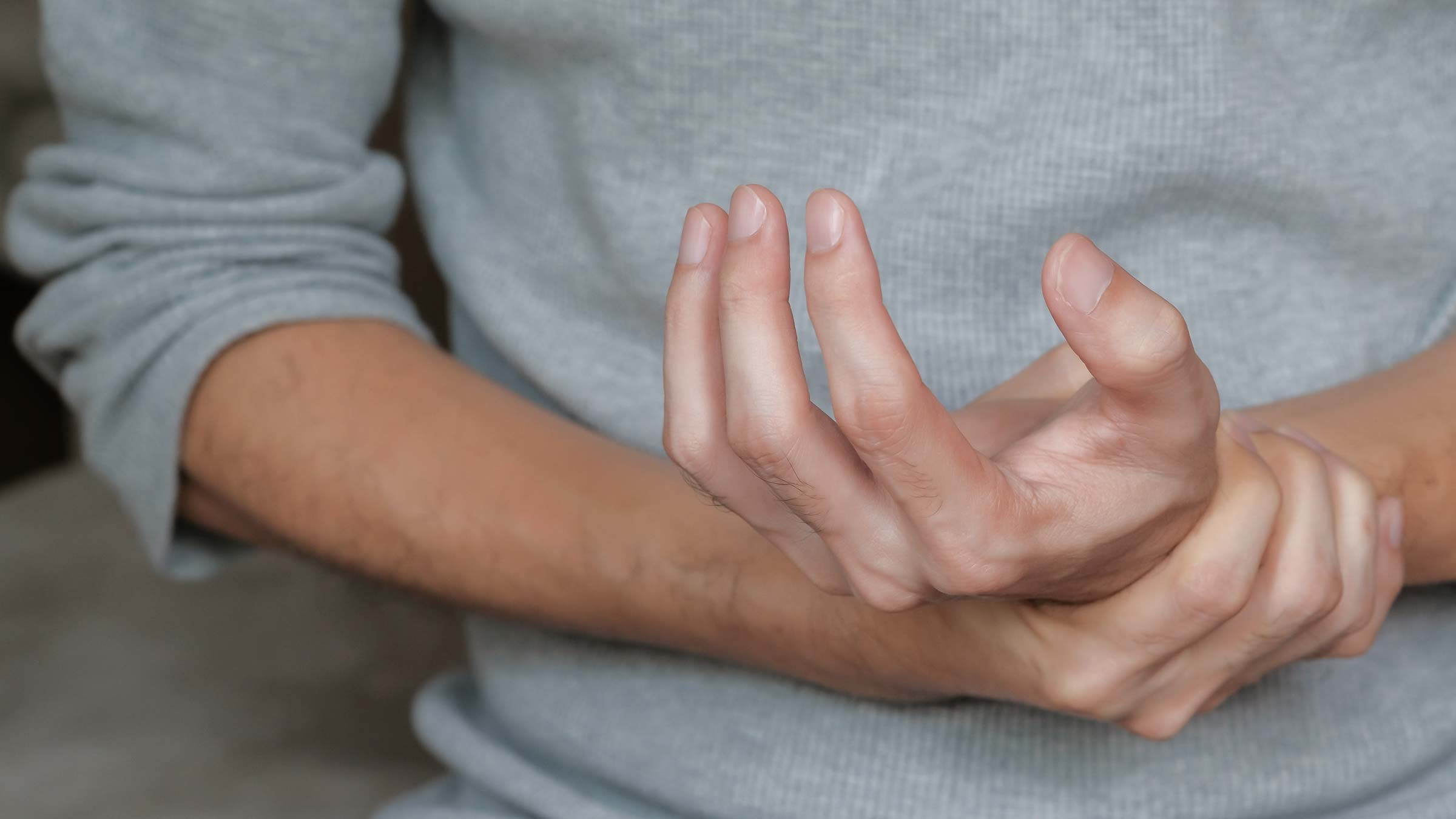
One of the most important functions of a person’s immune system is to be able to recognize foreign invaders, such as bacteria and viruses, and mount an immune response against them. This process relies on the ability of immune cells to distinguish foreign antigens (molecules on the foreign invader) from molecules on our own tissues (self-antigens) so that our normal tissues remain unharmed.
Unfortunately, sometimes this process goes awry, and immune cells can mistakenly turn against a person’s normal tissues. This is called “molecular mimicry” and is the basis for autoimmune disorders.
Is COVID-19 infection triggering the development of autoimmune disorders?
While some types of coronaviruses have been linked to autoimmune disorders, the picture is less clear for SARS-CoV-2, the coronavirus that causes COVID-19.
However, we do know that infection with SARS-CoV-2 has been associated with development of autoantibodies, or antibodies that react one’s against normal cells, which can open the door to autoimmune disorders. It’s uncertain if this is related to specific SARS-CoV-2 variants.
What autoimmune disorders might be linked to COVID-19 infection?
Some of the most common autoimmune diseases that seemed to occur during or after SARS-CoV-2 infection are vasculitis and arthritis. Other conditions that have been described in a limited number of cases are idiopathic inflammatory myopathies, systemic lupus erythematosus and sarcoidosis.
What should you do if you think you’ve developed an autoimmune disorder?
If you suspect you’ve developed an autoimmune disorder, you should first talk with your primary care provider.
It can be helpful to keep a record of when signs and symptoms began, how they’ve improved or worsened over time, and any other factors such timing of a COVID-19 infection. A referral to a rheumatologist may be in order, and your provider may order bloodwork or imaging tests.
It may not be possible to determine exactly what triggered an individual’s autoimmune disorder, but there may be effective treatments that can lead to improvements.

Ready to get vaccinated?
We have appointments available as early as today.
Schedule now




